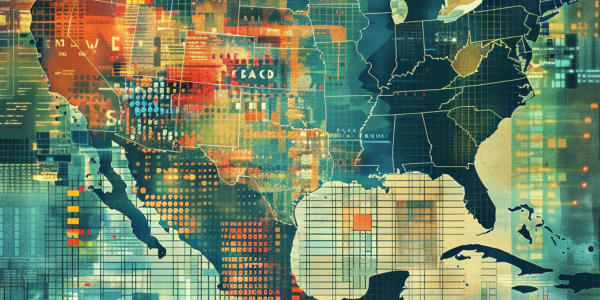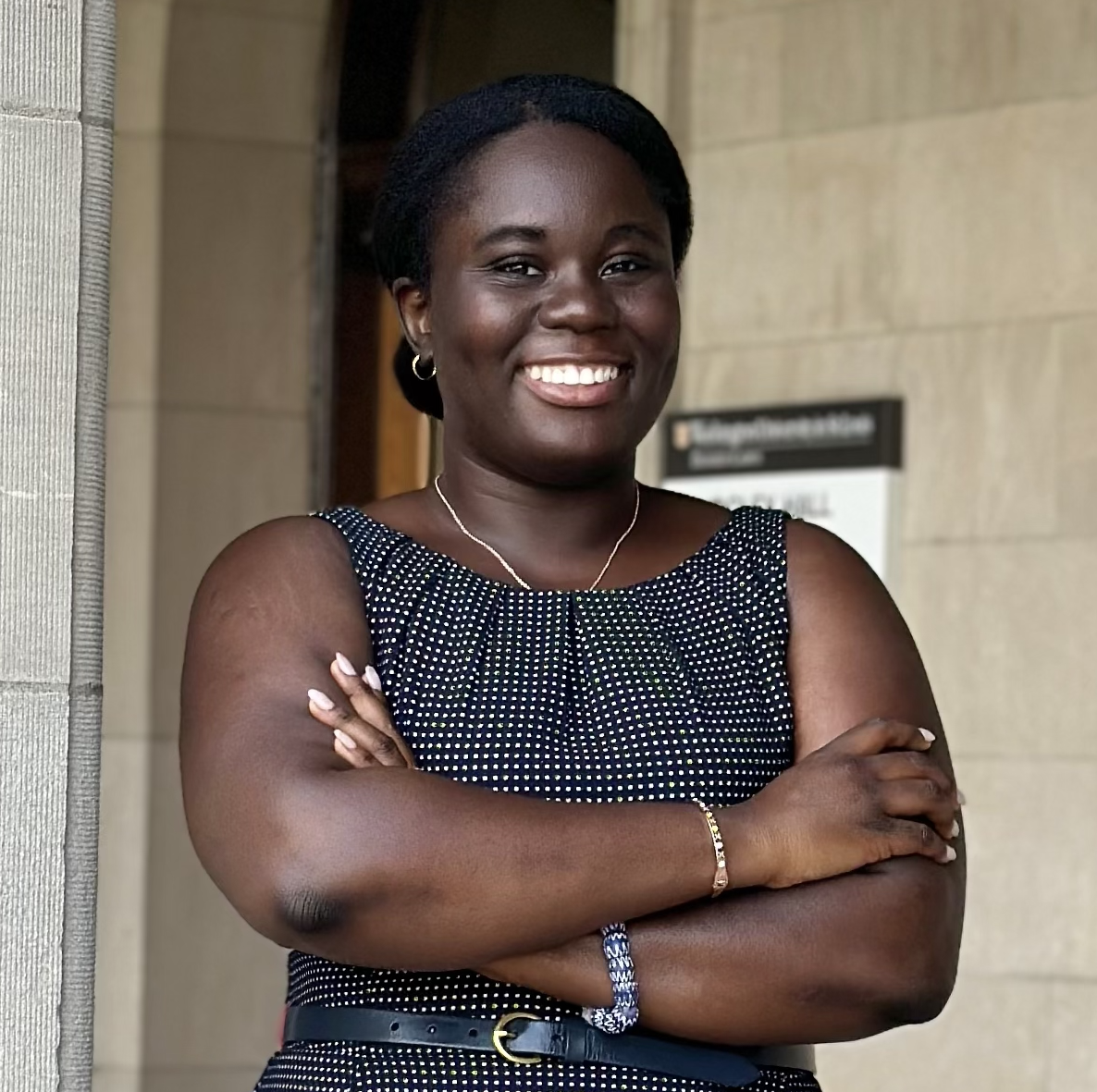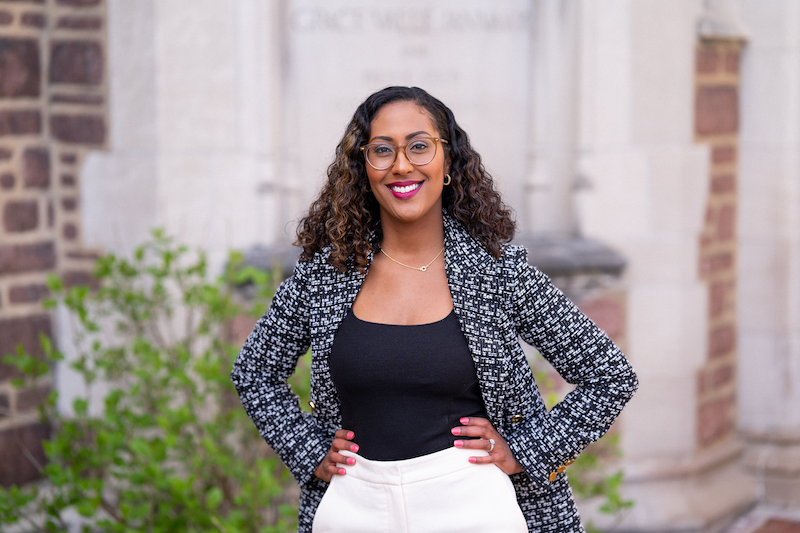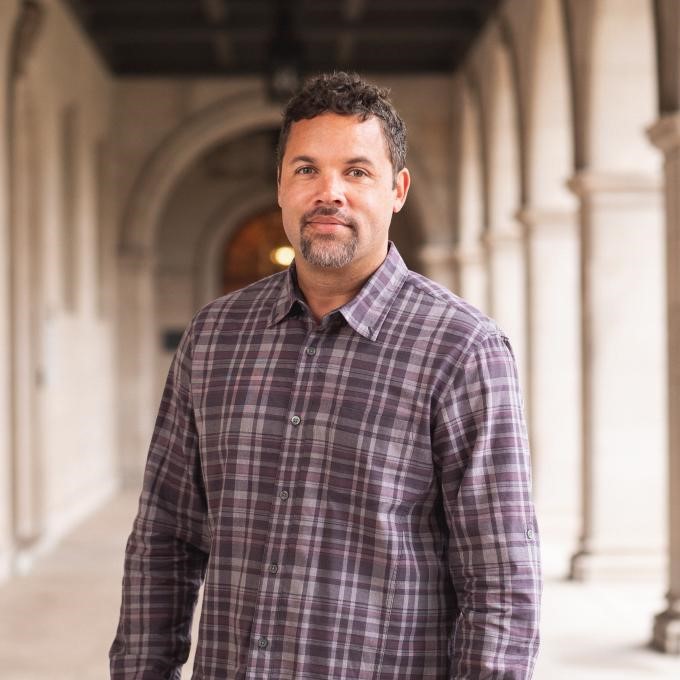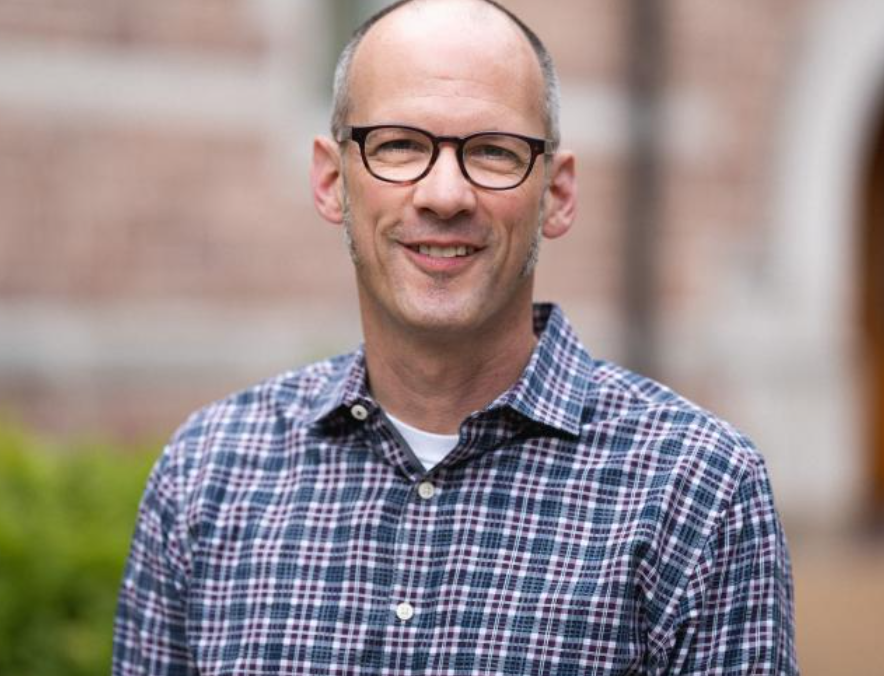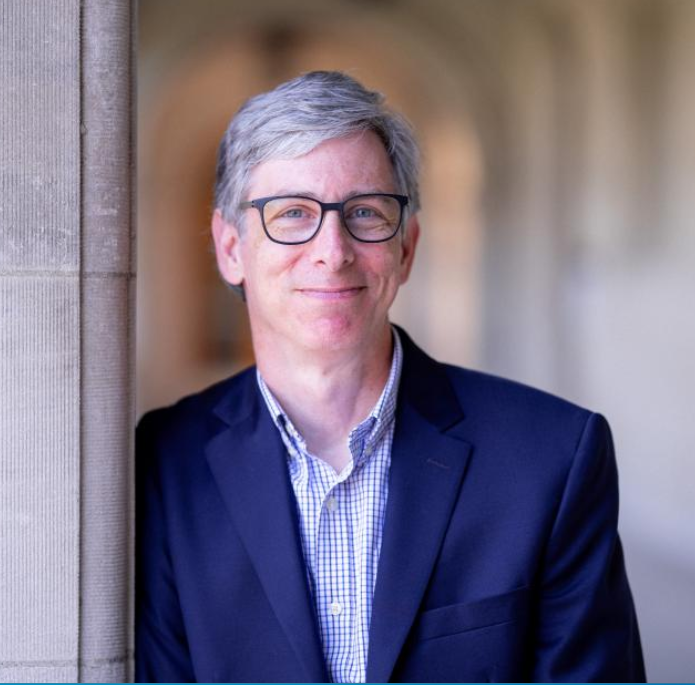Americanist Dinner Forum - What is Digital Humanities?
How can Americanists use databases, mapping technology, text analysis, and other digital methods to create publicly engaged research projects?
Join AMCS for a conversation about digital humanities methodologies across a number of fields, including History, English, Sociology, and Media Studies. This roundtable features Wash U faculty leading collaborative, interdisciplinary projects that have implications for the future of American Studies.
Featured panelists:
Ama Bemma Adwetewa-Badu received her Bachelor's degree in English from the Massachusetts College of Liberal Arts in 2015, an MA from Clark University in 2017, and a PhD in English from Cornell University in 2022. She joins the Washington University in St. Louis English Department as an Assistant Professor of Black Diasporic Literature and African Literatures in English. Her research and teaching focus on topics including contemporary poetry, comparative approaches to Afro-diasporic culture and literature, cultural studies, digital literary cultures, and the digital humanities.Raven Maragh-Lloyd is Assistant Professor of African and African American Studies and Film and Media Studies at Washington University in St. Louis. Maragh-Lloyd's research examines the ways that Black communities create, resist, and uniquely deploy digital media culture. She explores how racialized and gendered identities and their related discourses influence digital structures as well as how these identities are imagined online through algorithmic functions. Her first book is titled Black Networked Resistance: Strategic Rearticulations in the Digital Age (University of California Press, 2024). Her work has appeared in Communication, Culture & Critique; Television & New Media; and Journal of Communication Inquiry; and in edited collections such as Studying Race and Media and The Handbook of Diasporas, Media, and Culture.
Geoff Ward is Professor of African and African-American Studies and faculty affiliate in the Department of Sociology and American Culture Studies Program at Washington University in St. Louis. He is director of the WashU & Slavery Project, a university initiative based in the Center for the Study of Race, Ethnicity & Equity (CRE2), in partnership with the consortium of Universities Studying Slavery. His scholarship examines histories and legacies of racialized violence and their reparative implications. This work has been generously supported by institutions including the National Science Foundation, the National Institute of Justice, the Ford Foundation, and the Mellon Foundation. In addition to numerous research articles and essays, he is the author of The Black Child-Savers: Racial Democracy and Juvenile Justice (University of Chicago Press, 2012), an award-winning book on the contested history and haunting remnants of Jim Crow juvenile justice.
David Cunningham is Professor and Chair of Sociology at Washington University in St. Louis. His research, focused on the causes and consequences of racialized conflict and control, is currently supported by the Mellon Foundation and the National Institutes of Health.
He has published books on FBI counterintelligence as well as the rise and fall of the civil rights-era Ku Klux Klan, and most recently has co-edited a special journal issue focused on legacies of racial violence in the U.S. Building on past work with the Greensboro Truth and Reconciliation Commission and the Mississippi Truth Project, he currently serves on the City of St. Louis Reparations Commission and co-directs (with Geoff Ward) a student-centered Action Research Lab that works with research and community partners to examine the continuing impacts of historical racialized violence.
Peter Kastor the inaugural Samuel K. Eddy Professor and Associate Vice Dean of Research in Arts & Sciences. He is a professor of history and American culture studies. He recently began work as chair of the Naming Review Board, which oversees the review of requests to reconsider named features on the WashU campus. He studies the politics of the early American republic and the long history of the American Presidency. He is the author or editor of eight books, along with numerous articles and essays. Professor Kastor was worked in humanities computing for over thirty years, and he came to Washington University in 1998 to join the team in AmCS with a particular focus on developing the use of computing technology in the classroom.
A former digital innovation fellow at the American Council of Learned Societies, he was among the inaugural seed grant recipients at the Taylor Geospatial Institute, where he serves as co-chair of the Spatial Humanities Working Group. He is currently completing a major digital project that that reconstructs the early federal workforce, and is developing technologies to visualize border ambiguity. A regular guest on St. Louis Public Radio, Professor Kastor has written for outlets including The Washington Post, The Huffington Post, The Conversation, and Fortune. Two of his courses have been featured on C-SPAN’s Lectures in History. In addition to participating in Washington University’s Brookings Executive Education, which provides ongoing career development for emerging leaders in the federal government, he has contributed to professional development programming for groups including the St. Louis Public Schools, the National Geospatial Intelligence Agency, and the Air War College. An active contributor to numerous local organizations, he is currently vice chair of the board of trustees at the Missouri Historical Society.
Registration for this event has closed.
Please contact Alison Eigel Zade (ealison@wustl.edu) to be placed on the waitlist.

